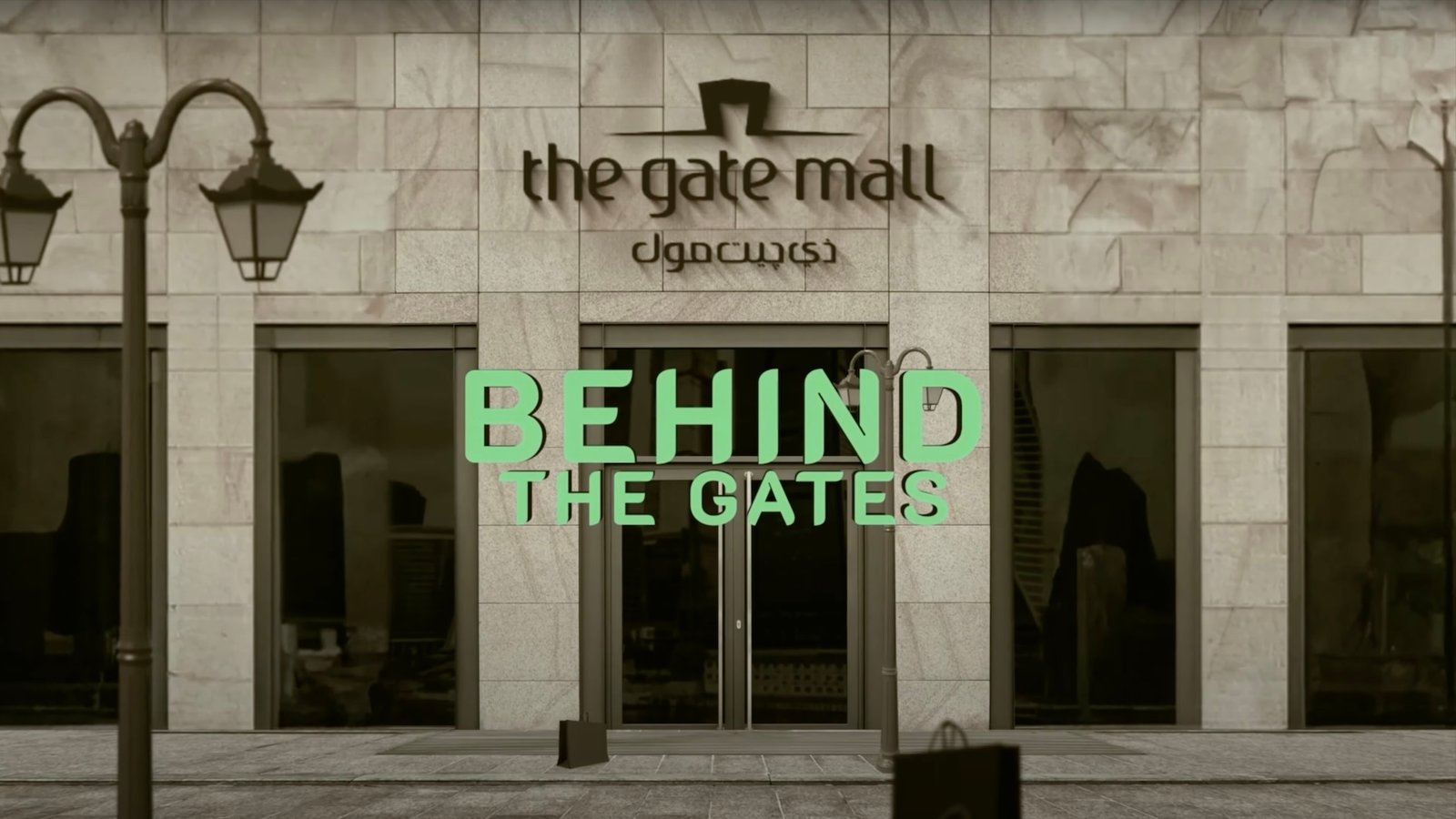Launch of Al Jazeera 360 platform
Al Jazeera Media Network will launch its new digital platform “Al Jazeera 360...
Sep 14, 2024
Common questions about Ramadan
Elisabeta Kadrija, Mar 12, 2024
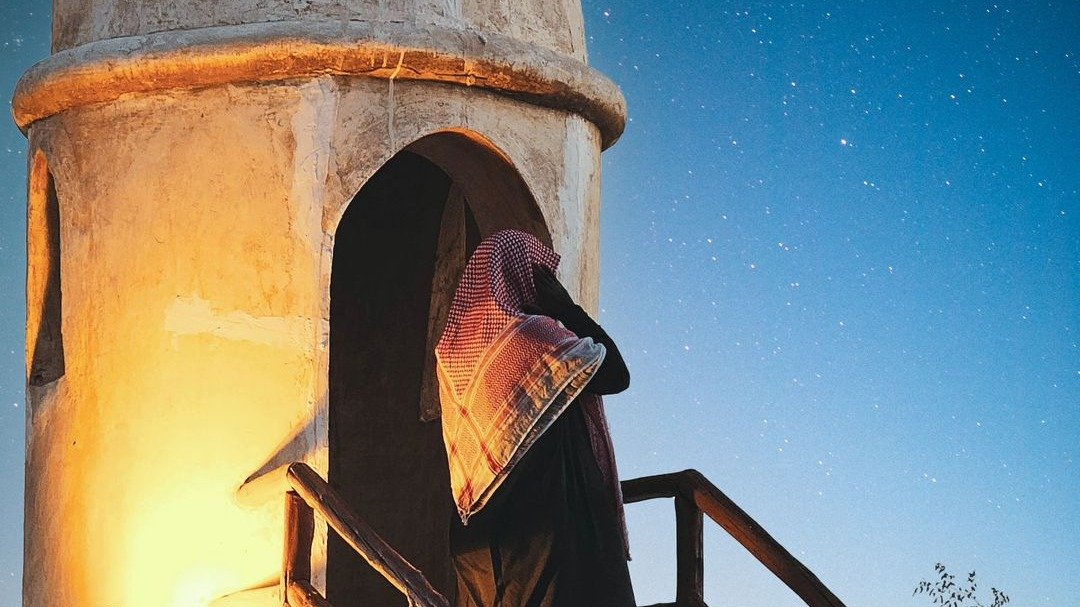
Ramadan: A Time for Fasting, Reflection, and Devotion
Ramadan, the ninth month of the Islamic lunar calendar, is observed by Muslims worldwide as a period of fasting, spiritual reflection, and heightened devotion. It is a time deeply rooted in tradition and marked by acts of faith and self-discipline.
Why Do People Fast during Ramadan?
Fasting during Ramadan is more than just abstaining from food and drink; it is a practice steeped in devotion, self-discipline, and empathy for the less fortunate. Muslims fast from dawn until sunset as a means of purifying the soul, strengthening their relationship with God, and expressing gratitude for His blessings. Through this act of self-denial, believers aim to attain spiritual growth and enlightenment.
What is Suhoor?
Suhoor, the pre-dawn meal before fasting, holds significant importance for those observing Ramadan. It serves as a vital source of energy to sustain individuals throughout the day-long fast. Suhoor meals typically consist of nutritious foods that provide sustained energy, ensuring that fasting individuals remain nourished and hydrated until sunset.
How Many Times Do You Have to Pray?
During Ramadan, Muslims are required to perform the five daily prayers prescribed by Islam. These prayers, known as Salah, are performed at specific times throughout the day: at sunrise, after noon, late afternoon, after sunset, and before sleep. Each prayer offers believers an opportunity to connect with God, seek His guidance, and express gratitude for His blessings.
What is Iftar?
Iftar, the evening meal that marks the end of the fasting day during Ramadan, is a time of celebration and communal gathering. It begins with the Maghrib prayer, performed at sunset, followed by the breaking of the fast with a small snack or dates. Subsequently, larger meals are consumed, often shared with family, friends, and members of the community. Iftar meals are a symbol of unity, generosity, and gratitude, reflecting the spirit of Ramadan.
In conclusion, Ramadan is not merely a period of abstaining from food and drink; it is a sacred time of spiritual renewal, self-reflection, and communal solidarity. Through fasting, prayer, and acts of kindness, Muslims around the world come together to deepen their faith, strengthen their bonds with one another, and seek blessings and forgiveness during this blessed month.

Al Jazeera Media Network will launch its new digital platform “Al Jazeera 360...
Sep 14, 2024

Radisson Blu Hotel, Doha is thrilled to announce the return of its highly ant...
Aug 21, 2024
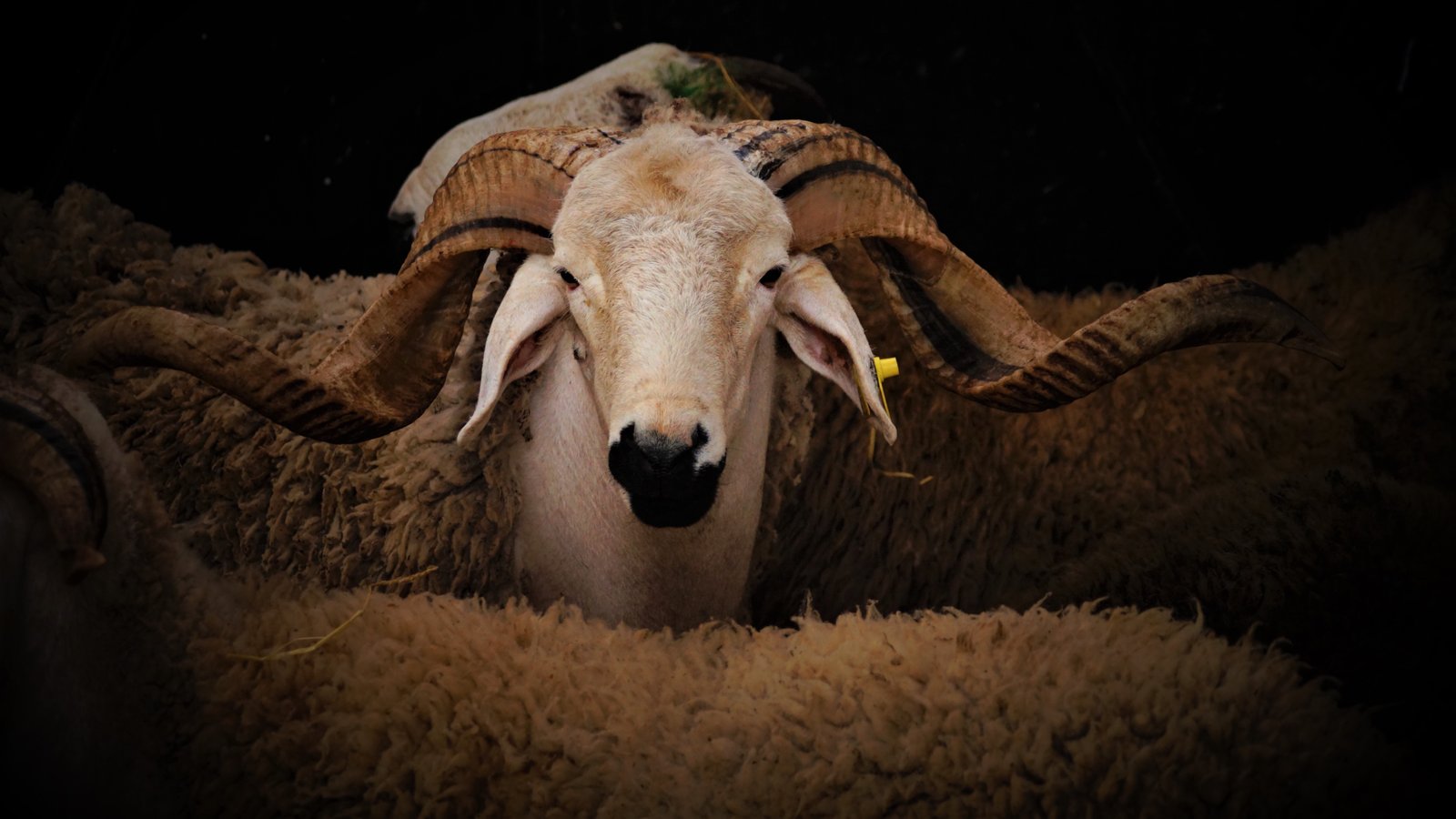
Eid al-Adha, or the "Festival of Sacrifice," is one of the most significant c...
May 21, 2024
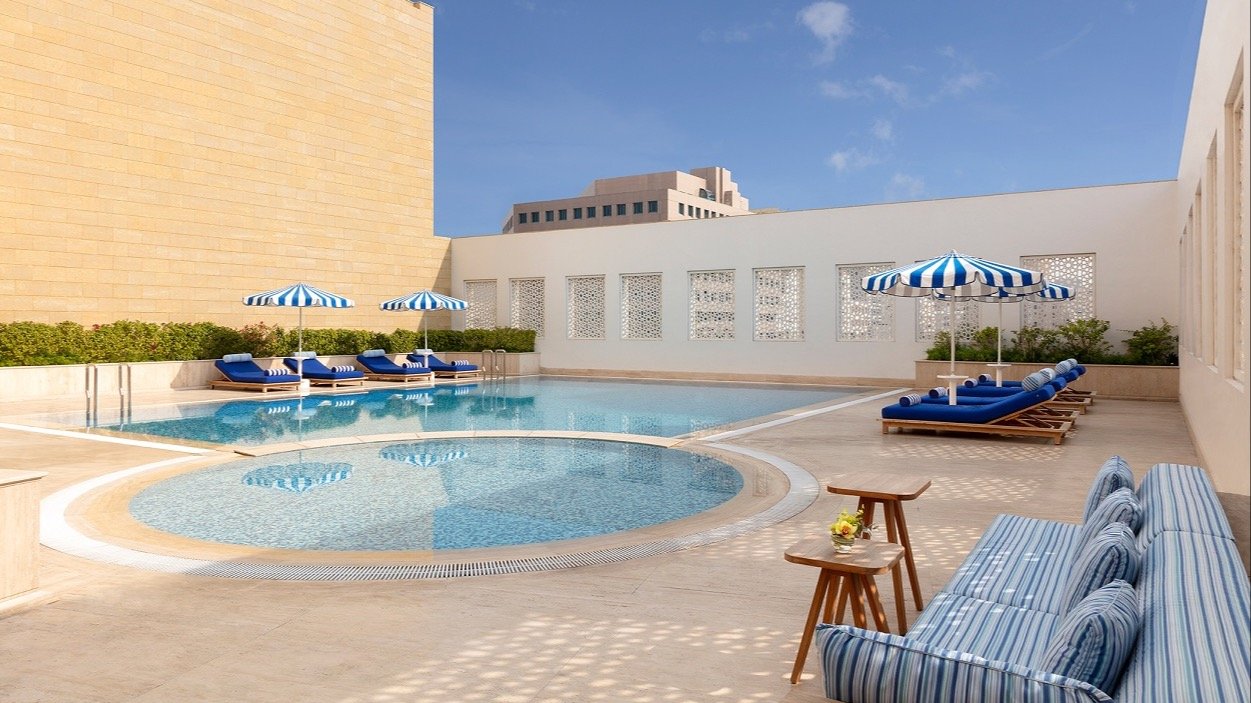
To Celebrate Eid Al Adha and Beat the Summer Heat
Jun 11, 2024
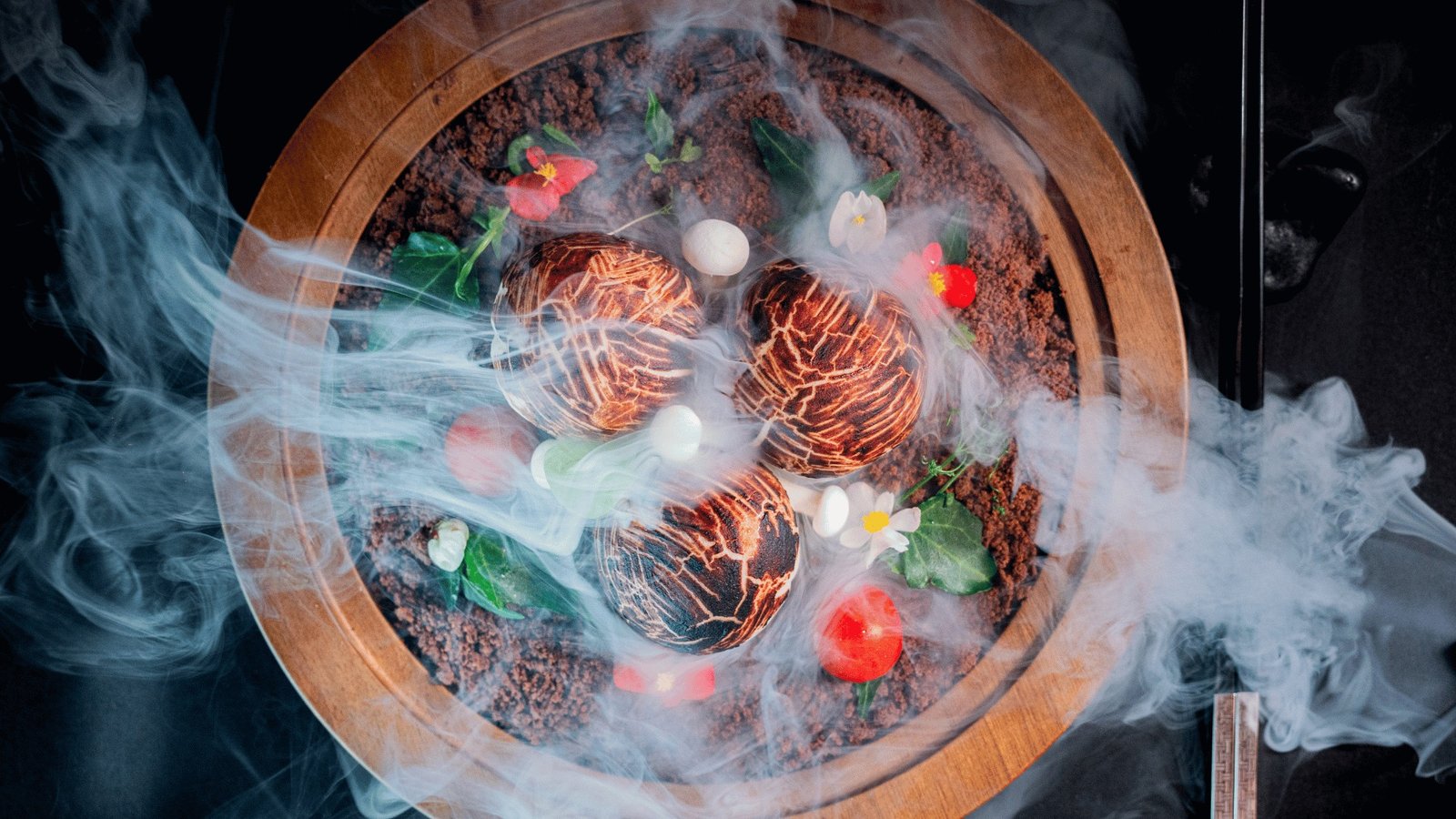
Waldorf Astoria Doha is delighted to officially announce the Grand Opening of...
Jun 11, 2024

Subscribe to our newsletter !
Sep 19, 2024
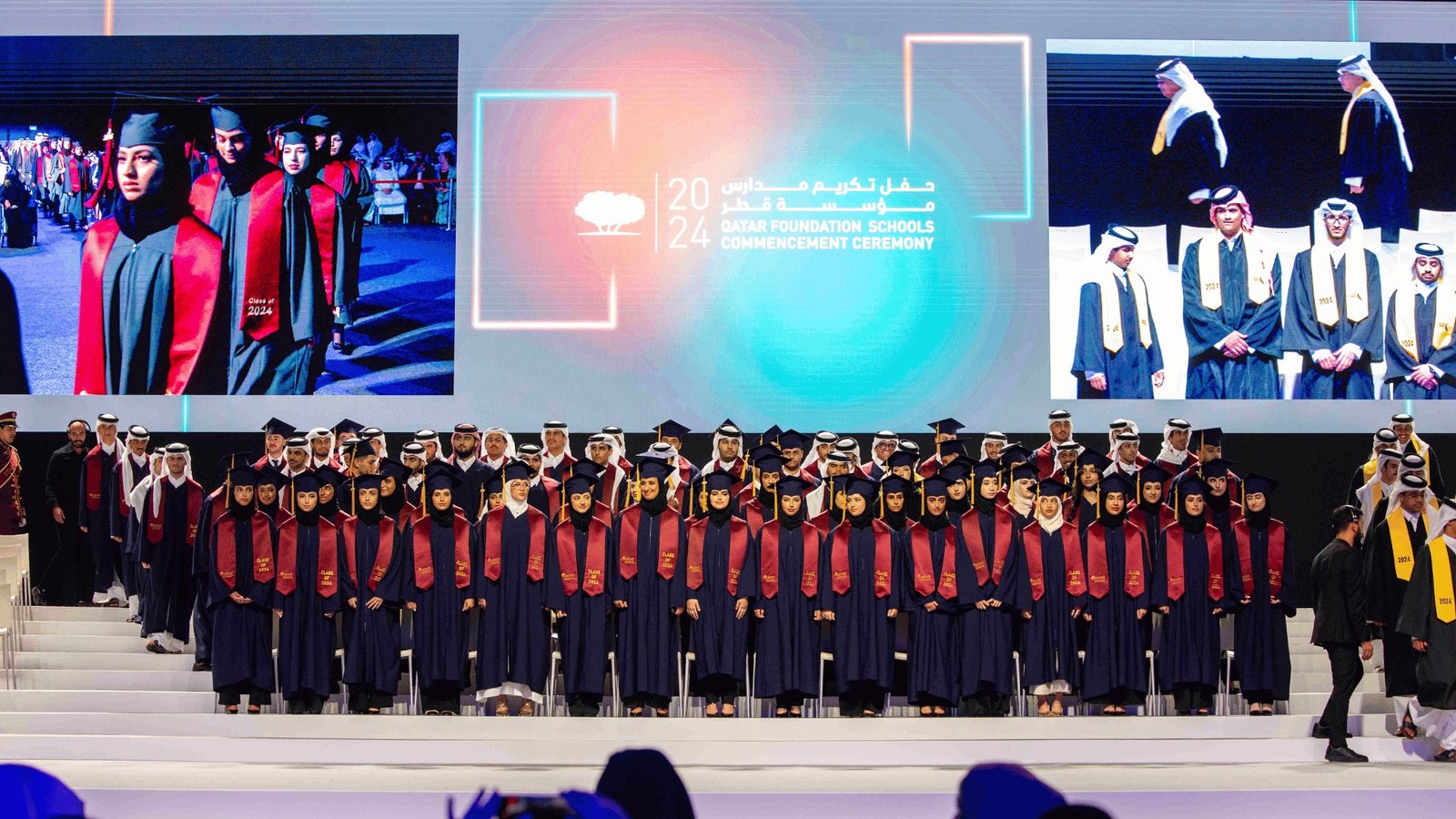
The ceremony honored 290 graduates from seven schools under Qatar Foundation’...
Jun 04, 2024

The MICHELIN Guide announced its arrival in Doha, Qatar for an upcoming 2025...
Jun 04, 2024
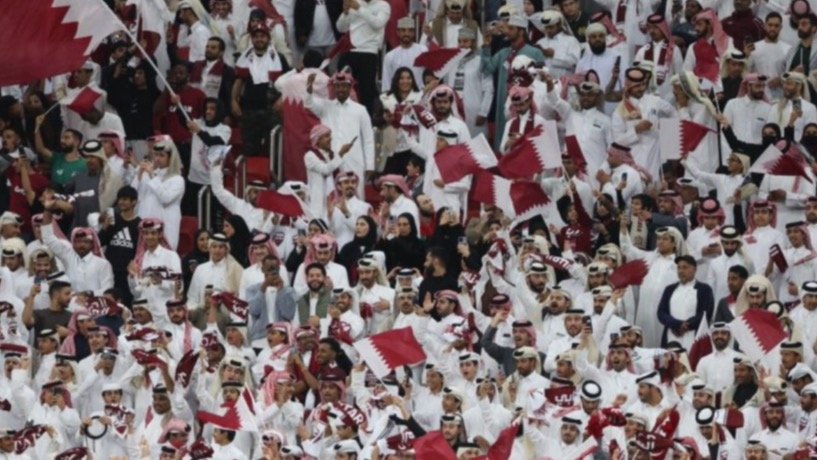
52nd Amir Cup Final Tickets: May 24, 2024, Education City Stadium.
May 20, 2024
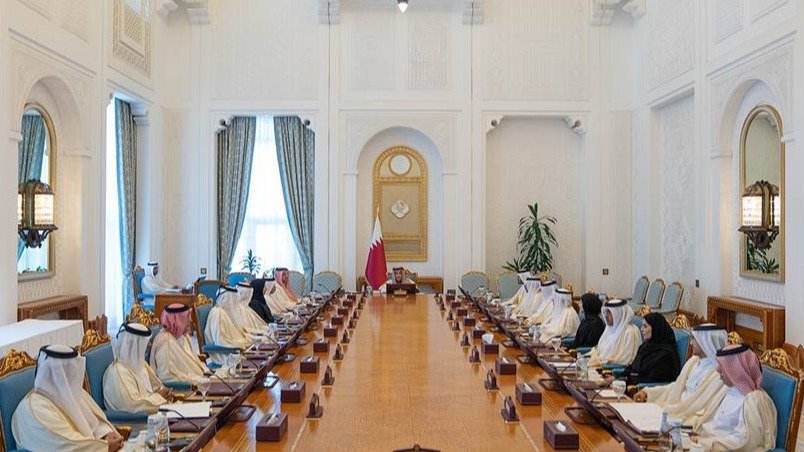
Qatar Cabinet approved a proposal to allow children to enroll in kindergarten...
May 23, 2024

With Discover Qatar's shuttle bus service, arrive at the HIA and visit Doha’s...
May 22, 2024









